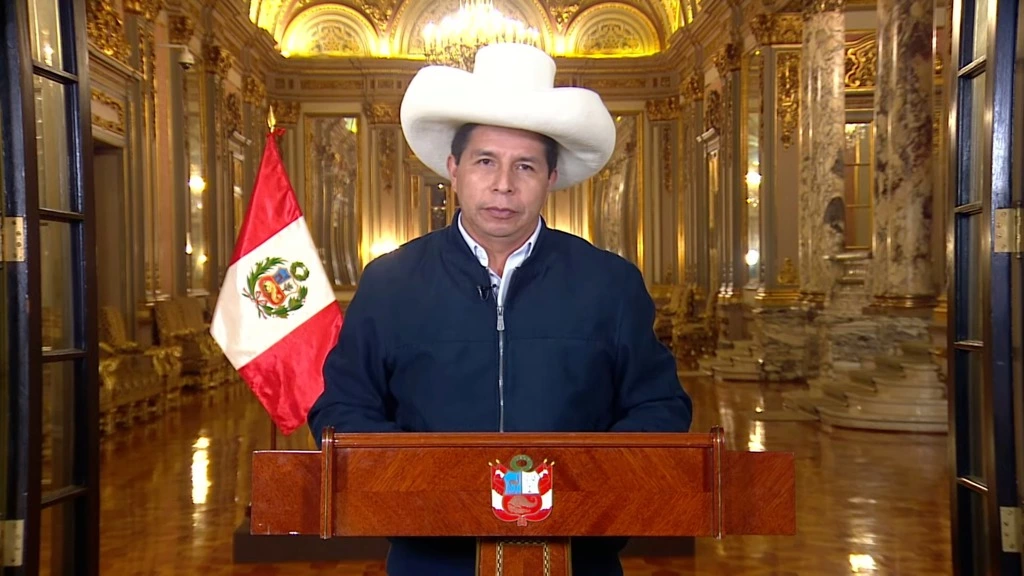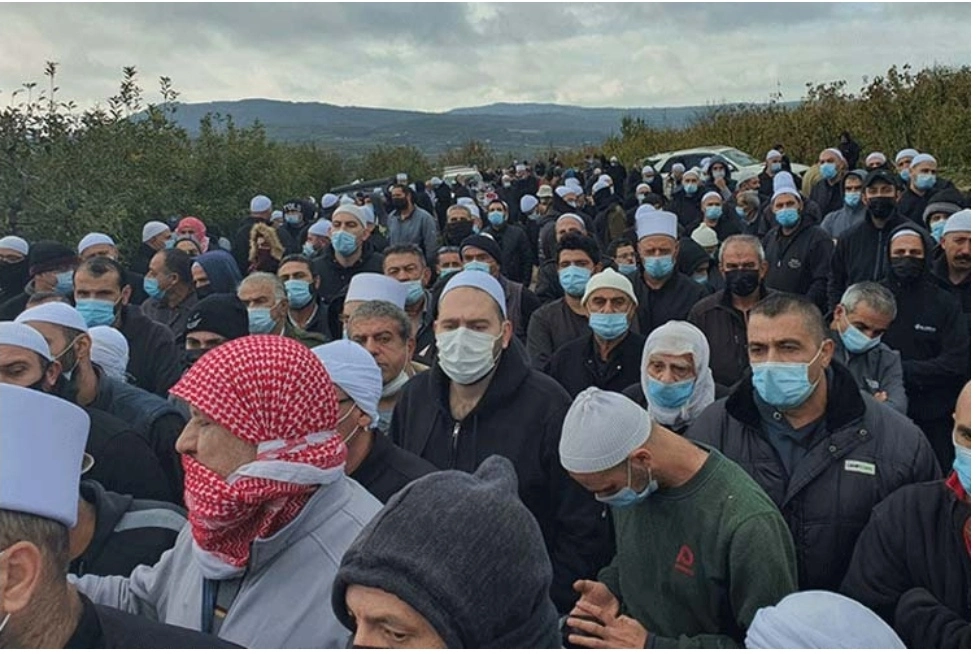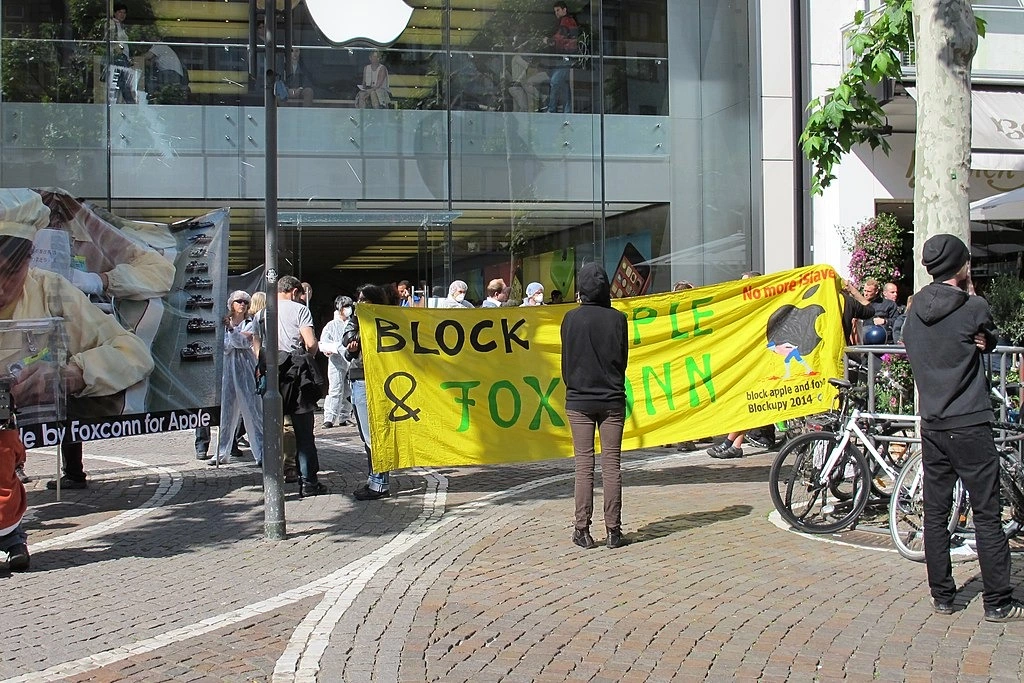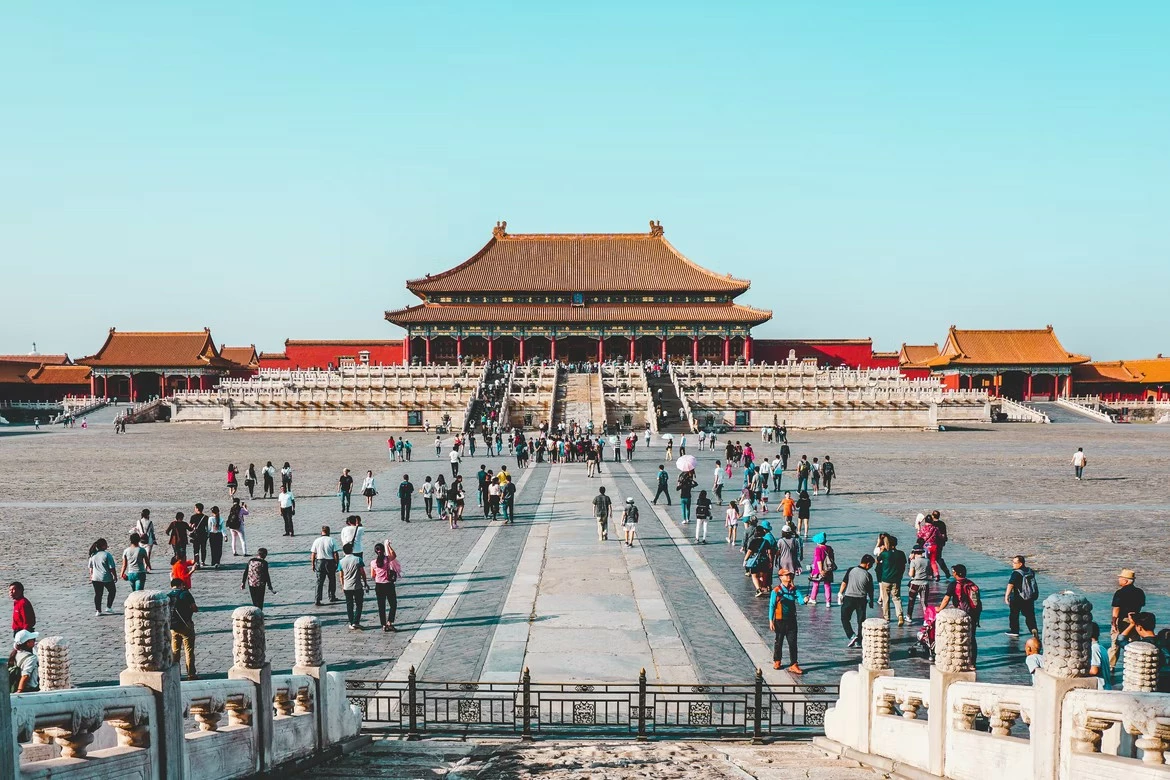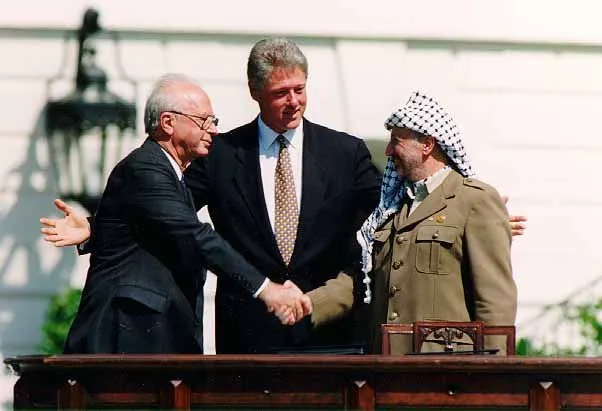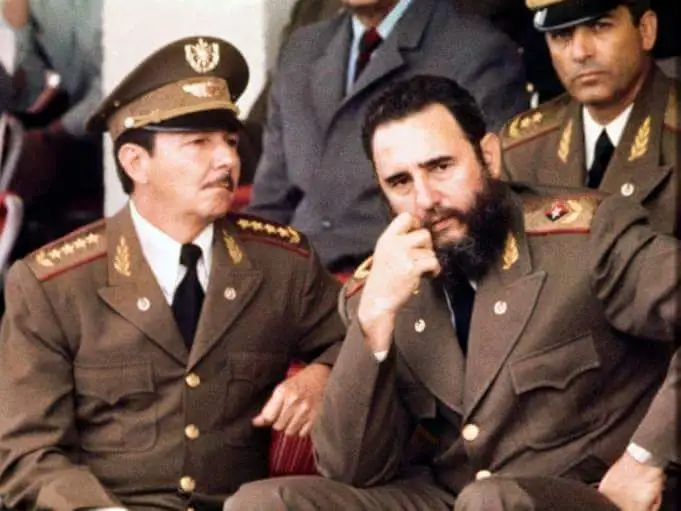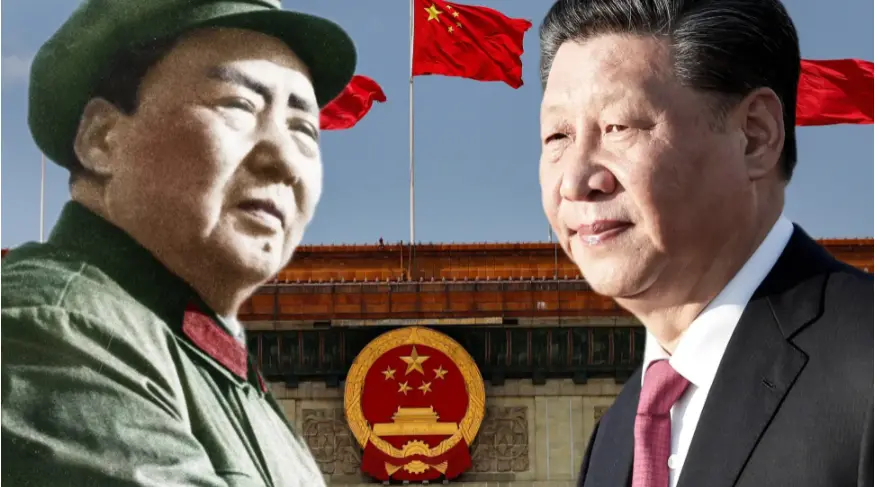Peruvian President Pedro Castillo has been arrested in a coup led by Peru’s right-wing congress, whose leaders are made up of far-right politicians and military officials, with support from the police and the military, following Castillo’s attempt to dissolve congress.
Right-wing news outlets have branded the move to dissolve Congress as a coup. According to Eduardo Gamarra, a Florida International University professor of political science and international relations, "technically this is not a coup," as Peru’s president has the ability to dissolve congress, just as Peru’s congress can remove the president.
"The confusion is in the 15,000 interpretations that exist about who prevails, the Congress or the president... "The one who wins will be the one with more power," he said.
Castillo had no power left, if he ever had any real power.
Having been elected in 2021 by a 44,300-vote margin—50.13% to Keiko Fujimori’s 49.87%—Castillo has been plagued by numerous impeachment attempts and legal challenges before his presidency even started, with Fujimori challenging the results of the election.
Keiko Fujimori, who herself was charged with corruption, is the daughter of dictator Alberto Fujimori. Originally elected president in the 1990 presidential election, Alberto implemented neoliberal reforms, conforming to the structural adjustment policies of the IMF and opening the nation up to foreign capital.
Alberto dissolved not only Congress, as both houses controlled by the Peruvian Aprista Party (APRA), a socialist internationalist party, and the Democratic Front (FREDEMO), a center-right party, were attempting to stymie these economic reforms, but he also dissolved the judiciary and assumed full legislative and judicial powers in what was dubbed a "self-coup.". Though, he was supported by the police and military in his efforts.
In Fujimori's first term of office, over 3,000 Peruvians were killed in political murders. Following this "self-coup," Alberto launched numerous operations, including Plan Verde, against Peruvian marxist guerilla forces, such as the Shining Pathand the Túpac Amaru Revolutionary Movement, that had been in conflict with the Peruvian government in May 1980.
Massacres such as the Barrios Altos massacre of 1991, the La Cantuta massacre of 1992, and Operation Chavn de Huántar have all either yielded successful human rights violation trials or are currently under review. Though none of these massacres, or "operations," were as nearly deadly as Plan Verde This plan consisted of the genocide of impoverished and indigenous Peruvians, the control and censorship of media in the nation, and the establishment of a neoliberal economy controlled by a military junta in Peru. After all this bloodshed, there are still tensions between various guerilla forces and the Peruvian government today.
The Peruvian Magna Carta constitution was approved during Alberto Fujimori’s regime in 1993, with no mechanism to reform it through popular consultation. Fujimori remained in charge of Peru for ten years following his coup. Once out of power, the former dictator was convicted of multiple crimes committed during his reign, most notably being sentenced to 25 years in prison for crimes against humanityin April 2009, for which he is currently in prison.
Castillo was elected in 2021 as a member of the Free Peru Party, with great support from the indigenousas well as the poorestpopulations of Peru. His promises centered around changing Peru’s constitution, as well as nationalising its extensive mining firms as and the hydrocarbon sector, which he says has "plundered" Peru's wealth, he further aimed to create a million new jobs in a year.
Sadly, he achieved none of those goals. In his first year in power, Castillo faced investigations alleging corruption and links to organised crime, two impeachment attempts, more than 50 changes to his cabinet, and being expelled from the Free Peru party.
Founded in 2008 by Vladimir Cerron, a former governor, the Free Peru Party is a Marxist political party in Peru. Cerron supported Castillo, as he could not run himself due to previous corruption charges. Despite this, Castillo did not have very strong support within the party, having only joined in 2020.
As his administration went on, more members of the party began seeing Castillo as a traitor to their goals, while he continuously capitulated to the right-wing opposition in Congress. Despite helping Castillo stave off the first few impeachment attempts from Congress, the left has now largely abandoned him.
It was clear from the early days of Castillo’s government that the right was in control; Foreign Minister Hector Béjar was ousted before the first 30 days were up, due to accusations of offending the honour of the Peruvian Navy. The prime minister was replaced due to unconfirmed accusations of having connections with Marxist Sendero Luminoso, as well as the ousting of his defence minister for threatening the "institutionality" of Peru’s armed forces.
There were a total of five reforms to the president’s cabinet in just his first year, with leftists from parties such as Free Peru and New Peru losing government positions at every step.
Peruvians are currently facing food shortages as well as the highest inflation in decades, which, combined with the right's push for controversy after controversy and the left's disillusionment with Castillo's appeasement of the right and subsequent rightward shift, has resulted in a 20% approval rating for the president.Peru faces mass labour action on many fronts. There are mass demonstrations against Castillo, even in regions that overwhelmingly voted for him in 2021.
As congress was gearing up for a third impeachment trial against the president, Castillo moved to dissolve congress, stating the goal was to "reestablish the rule of law and democracy" in Peru. The move was widely condemned by right-wing opposition leaders, including his own vice president, Dina Boluarte, as an attempted "coup".
Lawmakers have now voted 101-6 with 10 abstentions to remove Castillo from office for reasons of "permanent moral incapacity."
Following this vote, Castillo was arrested, and Congress asked Boularte to take over. She took the oath of office, was sworn in until 2026, and became the first female president in Peru. Boluarte called for a political truce to overcome the crisis and said she would be forming a new cabinet made up of all political stripes.
Peru’s future is looking more precarious by the day, and it looks as though the right has largely succeeded in rising to power. It will be important to keep an eye on the situation and maintain solidarity with the Peruvian working class.
